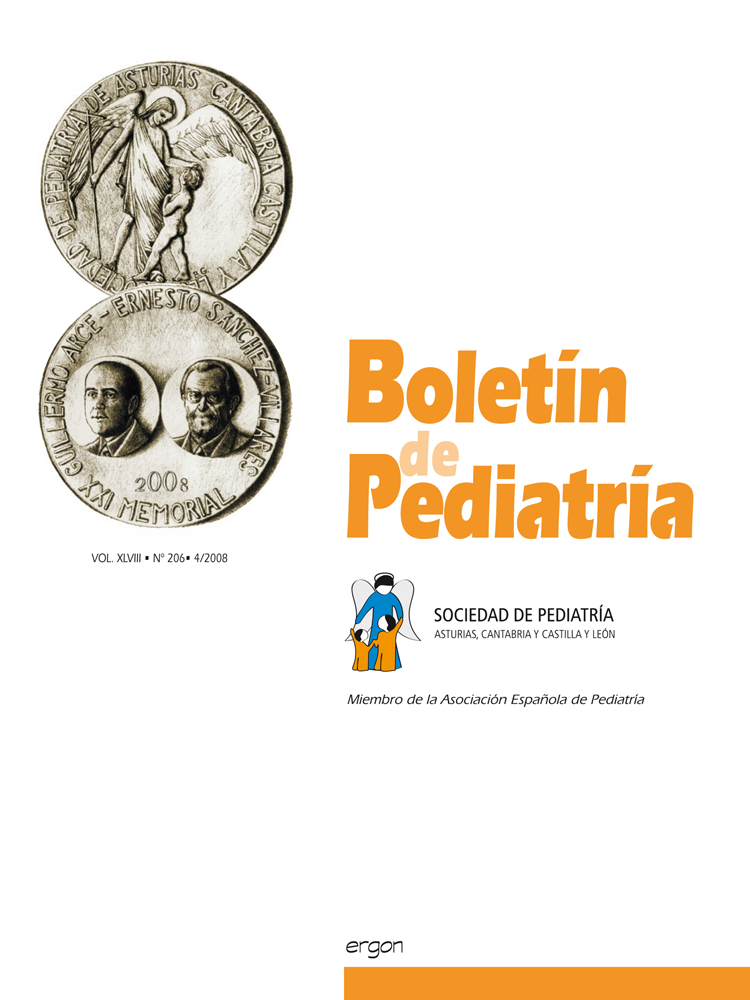Abstract
The World Health Organization defines health as a “state of complete physical, mental and social well-being and not merely the absence of disease or infirmity”. Furthermore, advances in medical care have changed the emphasis in Medicine from the diagnosis and management of infectious diseases to control of chronic conditions. Based on this concept, health assessment should not be confined to the use of exclusively clinical or epidemiological measures since mortality is no longer viewed as the only end point when considering the efficacy of medical interventions. Thus, healthrelated quality of life (HRQoL) is increasingly considered one of the most relevant health outcome measures in Medicine. In order to measure HRQoL, generic and disease-specific questionnaires have been developed. The evaluation of HRQoL in adults is well established nowadays, it has been a category in Index Medicus since 1966 and measures of HRQoL are regularly included in many clinical trials.
However interest in children’s HRQoL did not gain momentum until the 1980s. HRQoL assessment in children is complicated by developmental issues and by the need to use proxies in certain circumstances. There is substantial debate in the pediatric health outcomes literature concerning who is the most appropriate respondent when assessing children’s HRQL. The purpose of this article is to review the main characteristics of HRQoL assessment in children.

This work is licensed under a Creative Commons Attribution-NonCommercial 4.0 International License.
Copyright (c) 2008 Boletín de Pediatría
